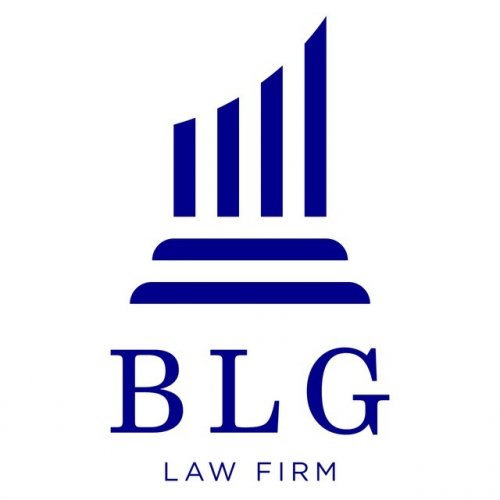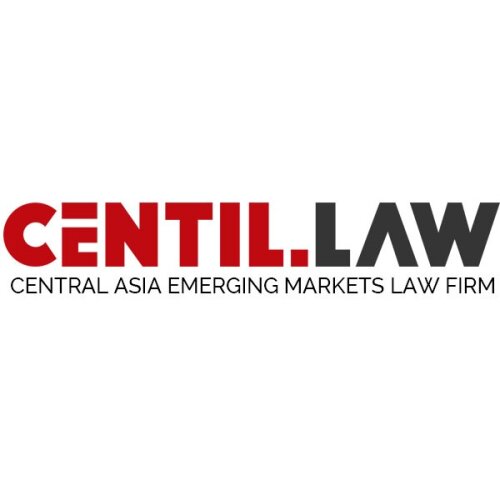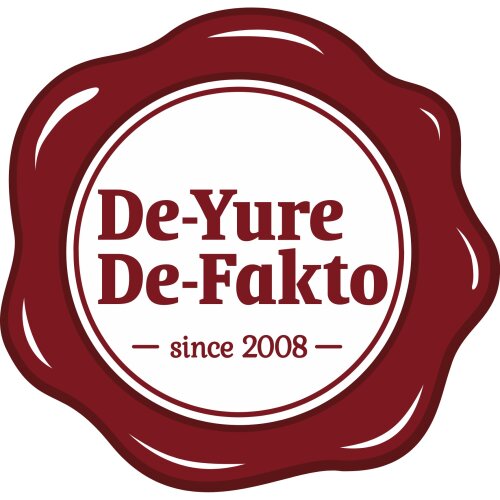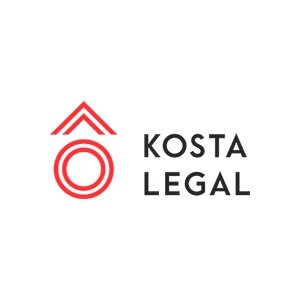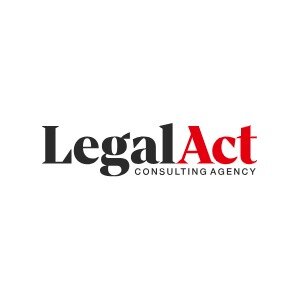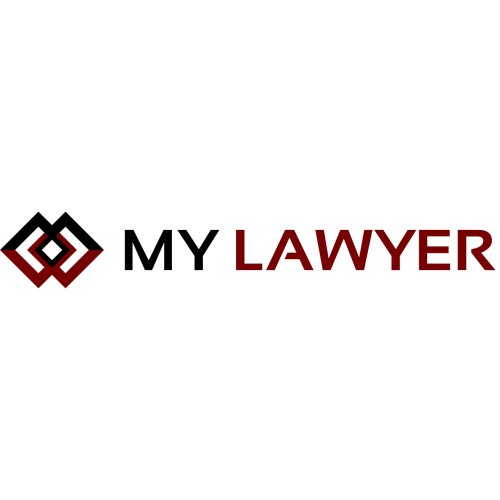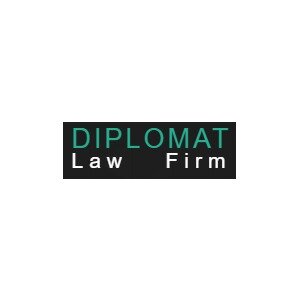Best Water Law Lawyers in Tashkent
Share your needs with us, get contacted by law firms.
Free. Takes 2 min.
List of the best lawyers in Tashkent, Uzbekistan
About Water Law in Tashkent, Uzbekistan
Water Law in Tashkent, Uzbekistan, is a specialized field that addresses the ownership, use, management, and protection of water resources. As Uzbekistan is a landlocked country with limited water resources, the regulation and allocation of water are critical for agricultural, industrial, and domestic needs. Water Law encompasses the legal framework established by the state to ensure equitable access, efficient usage, sustainable management, and environmental protection of water bodies including rivers, canals, reservoirs, and groundwater sources. The legal system seeks to balance the interests of the public, private users, and the society as a whole when it comes to water use and conservation.
Why You May Need a Lawyer
There are several common situations where individuals or businesses in Tashkent may require legal assistance in matters related to Water Law. These include:
- Securing and interpreting water use rights and permits for agricultural, industrial, or construction purposes.
- Resolving disputes over water allocations or access, particularly between neighboring property owners or land users.
- Negotiating contracts for water supply, especially for commercial or municipal clients.
- Addressing violations of water usage regulations or environmental standards, including facing administrative or criminal penalties.
- Dealing with issues related to irrigation, drainage systems, and water infrastructure development.
- Ensuring compliance with environmental protection requirements associated with water bodies.
- Handling cases of water contamination or pollution affecting health or livelihood.
- Seeking advice on government policies, reforms, or bidding processes for large water projects.
Lawyers specializing in Water Law can guide clients through the regulatory framework, represent them in legal proceedings, and help draft legally compliant agreements or address conflicts.
Local Laws Overview
In Uzbekistan, Water Law is governed by several statutes and regulations, with the principal piece of legislation being the Water Code of the Republic of Uzbekistan. Here are some key aspects particularly relevant in Tashkent:
- Ownership and Use: Water resources are state property and are managed by the state for the benefit of the public. Private individuals or entities can obtain rights to use water through permits and licenses.
- Permitting System: Most uses of water resources for industrial, commercial, and agricultural purposes require obtaining permits from relevant government agencies.
- Allocation and Limits: The law sets strict limits on water usage, particularly during periods of drought or scarcity. Priority is given to drinking water and public needs.
- Protection Measures: There are strict regulations in place to prevent pollution or contamination of water bodies. Parties that harm water sources may face administrative sanctions or be required to compensate for damages.
- Infrastructure Development: Construction or maintenance of water-related infrastructure, including wells, dams, and canals, requires government approval and compliance with safety and environmental standards.
- Dispute Resolution: Disputes over water rights or violations can be settled through administrative processes, mediation, or in court.
- Transboundary Issues: Some aspects of water law may relate to cross-border water management, as Uzbekistan shares several major rivers with its neighbors.
Frequently Asked Questions
What is the main law regulating water use in Tashkent?
The primary law is the Water Code of the Republic of Uzbekistan, which establishes the framework for ownership, allocation, and protection of water resources throughout the country, including Tashkent.
Do I need a permit to use water from a river or canal for my business?
Yes, most commercial, industrial, and agricultural water uses require permits issued by relevant governmental authorities before water can be drawn from natural or artificial sources.
How is water allocated during times of scarcity?
During water shortages, priority is typically given to drinking water and public needs, followed by agricultural and industrial uses. The government may temporarily restrict allocations to ensure fair distribution.
What are the penalties for illegal water use?
Penalties may include fines, suspension of water rights, compensation for damages, or even criminal charges in severe cases, such as intentional pollution or large-scale water theft.
Who is responsible for water infrastructure maintenance?
Typically, state or municipal organizations handle major infrastructure, but individuals or businesses may be required to maintain parts of the system relevant to their use under terms of their permits.
Can individuals or companies own water resources?
Water resources themselves remain state property. Users can obtain time-limited and purpose-specific rights to use water but cannot own it outright.
How can disputes over water be resolved?
Disputes can be handled through administrative proceedings, mediation, or litigation in civil courts, depending on the nature of the conflict.
Can I drill a private well on my property?
Drilling private wells generally requires permission from local authorities, including environmental assessments and adherence to technical standards to prevent groundwater contamination.
What environmental regulations affect water use?
Uzbekistan has regulations preventing pollution of water bodies and mandating treatment of wastewater. Violations may result in administrative actions or civil liability.
Are there special rules for shared or transboundary water bodies?
Yes, special agreements and rules may apply for water bodies shared with neighboring countries. Issues are often resolved through intergovernmental coordination, and users should be aware of any such rules affecting their region.
Additional Resources
Here are some important resources and organizations for those seeking information or assistance:
- Ministry of Water Resources of the Republic of Uzbekistan: The main government body overseeing water resource management, distribution, and policy.
- State Committee for Ecology and Environmental Protection: Responsible for environmental standards and enforcement regarding water protection.
- Local Hokimiyat (City Administration) Water Departments: Handle permitting, dispute resolution, and infrastructure issues at the municipal level in Tashkent.
- Water Users Associations: Non-governmental organizations supporting farmers and other users, promoting efficient water use and dispute resolution.
- Legal Aid Centers: Offer support to individuals and businesses in understanding their rights and legal procedures related to water law.
Next Steps
If you need legal assistance with a Water Law issue in Tashkent, Uzbekistan, consider the following steps:
- Gather all relevant documents, such as permits, contracts, correspondence, and official notices related to your water usage issue.
- Consult with a qualified attorney specializing in Water Law or environmental law in Uzbekistan.
- Contact the relevant government authority or association for more information on your specific situation.
- Keep records of all communications and official responses for future reference.
- If you are facing an urgent matter, such as a fine, court order, or permit suspension, seek legal advice as soon as possible to understand your rights and options.
Expert legal advice can clarify your legal standing, help you navigate government bureaucracy, and represent you in resolving disputes to achieve the best possible outcome.
Lawzana helps you find the best lawyers and law firms in Tashkent through a curated and pre-screened list of qualified legal professionals. Our platform offers rankings and detailed profiles of attorneys and law firms, allowing you to compare based on practice areas, including Water Law, experience, and client feedback.
Each profile includes a description of the firm's areas of practice, client reviews, team members and partners, year of establishment, spoken languages, office locations, contact information, social media presence, and any published articles or resources. Most firms on our platform speak English and are experienced in both local and international legal matters.
Get a quote from top-rated law firms in Tashkent, Uzbekistan — quickly, securely, and without unnecessary hassle.
Disclaimer:
The information provided on this page is for general informational purposes only and does not constitute legal advice. While we strive to ensure the accuracy and relevance of the content, legal information may change over time, and interpretations of the law can vary. You should always consult with a qualified legal professional for advice specific to your situation.
We disclaim all liability for actions taken or not taken based on the content of this page. If you believe any information is incorrect or outdated, please contact us, and we will review and update it where appropriate.



